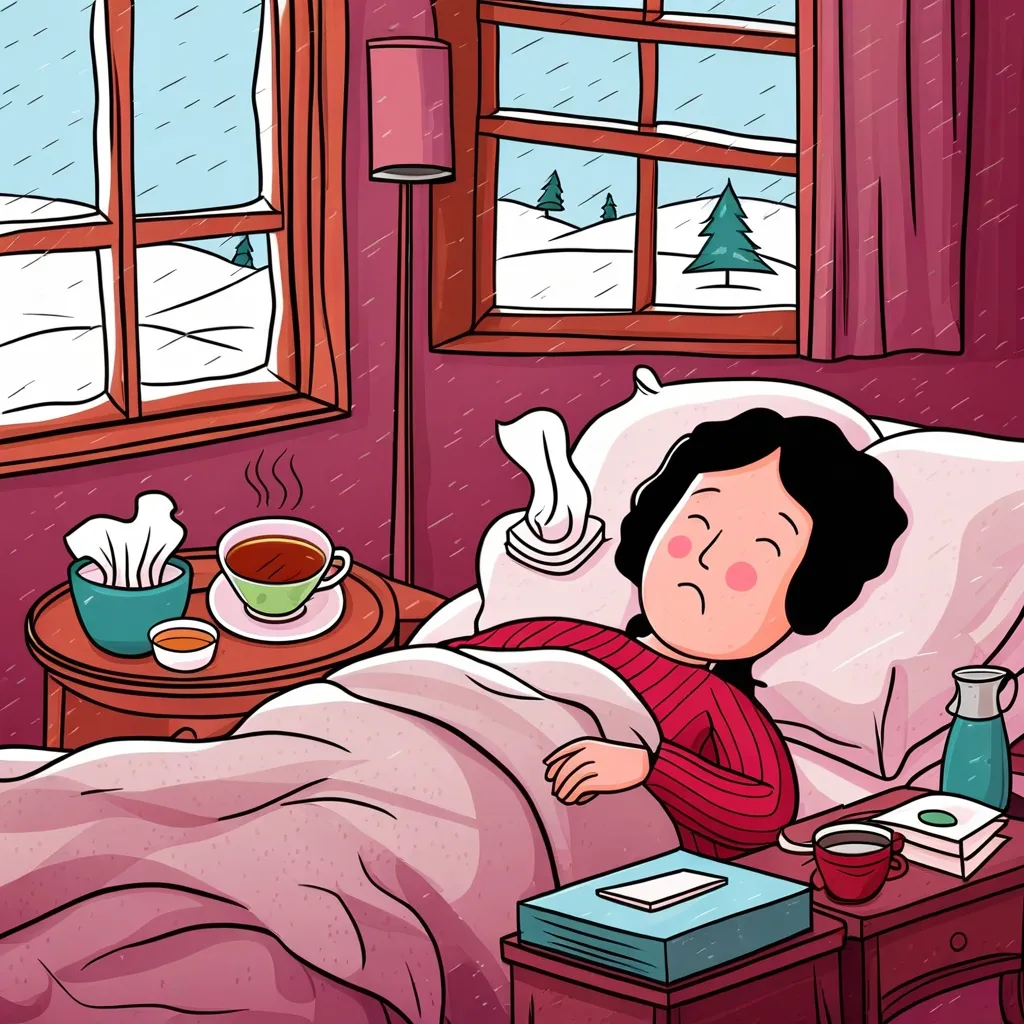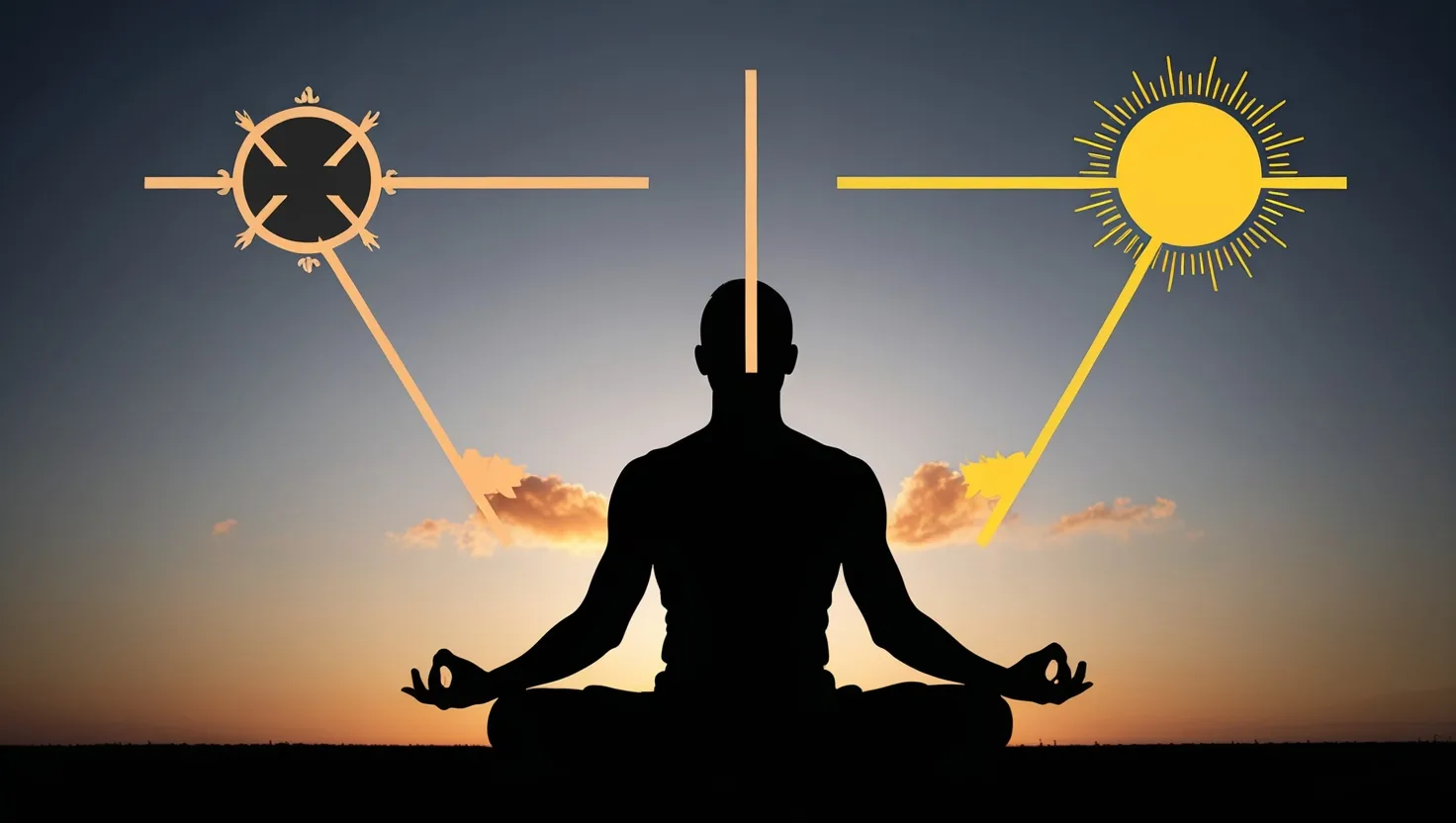Hair loss can really mess with your confidence and overall mood. But don’t worry; there are several handy tricks to keep your hair thick and healthy. Let’s dive into some practical tips and strategies for this.
First up, diet plays a huge role in hair health. Eating foods packed with vitamins, minerals, and proteins can do wonders. Think fish, nuts, and leafy greens – these are your hair’s best friends. Omega-3 fatty acids, which you find in fish, can nourish your scalp and spur hair growth. And nuts? They come loaded with zinc, crucial for healthy hair.
Regular exercise is another game-changer. When you get moving, your blood circulation improves, which can help hair grow. Yoga is particularly great because it also cuts down stress, which is a big hair loss culprit. Poses like Downward-Facing Dog, Forward Bend, and Camel Pose can keep your stress in check and your hair looking great.
Good hair care habits are also key. Regularly washing your hair with a mild shampoo keeps your scalp clean and healthy. But don’t overdo it. Too much washing can strip your hair of natural oils, causing dryness and breakage. Also, steer clear of harsh chemicals and heat styling tools – these can seriously damage your hair.
Let’s talk about supplements. Vitamins like biotin, vitamin D, and vitamin B can be pretty helpful in keeping your hair and scalp healthy. Biotin, in particular, is often suggested for strengthening hair follicles. But before popping any new pills, it’s always good to chat with your healthcare provider to ensure they’re safe and suitable for you.
Some medications and treatments also do a good job of curbing hair loss. Minoxidil is a popular topical solution that widens hair follicles and prolongs hair growth phases. Finasteride is an oral medication, commonly used for male pattern baldness, that lowers levels of dihydrotestosterone (DHT), a hormone that triggers hair loss.
Lifestyle tweaks can make a world of difference too. Finding ways to reduce stress – through activities like meditation – getting ample sleep, and avoiding tight hairstyles can all help. Tight hairstyles such as braids and ponytails can cause traction alopecia, a type of hair loss from constant pulling on the hair.
Low-level laser light therapy (LLLT) has shown some promise as well. It uses low-wavelength red light to stimulate cell growth and increase hair density. Scalp massages are another win – they improve blood circulation and can lower stress.
Essential oils can be incredibly effective too. Rosemary oil has been found to work as well as minoxidil in some studies. Coconut oil strengthens hair and shields it from UV damage and rough grooming habits.
Adding antioxidants to your hair care routine can also be beneficial. Antioxidants like piroctone olamine improve scalp health and help reduce hair loss. And here’s a simple switch – sleeping on a silk or satin pillowcase instead of cotton to reduce friction while you sleep, which can minimize hair loss.
For those experiencing significant hair loss, it’s always smart to consult with a healthcare provider to rule out any underlying medical issues. Conditions like alopecia areata, scalp infections, and hormonal imbalances can trigger hair loss and may need specific treatments.
In a nutshell, preventing hair loss revolves around a balanced diet, good hair care practices, stress management, and sometimes, medical treatments. Making these changes helps not just your hair, but boosts overall well-being too.






